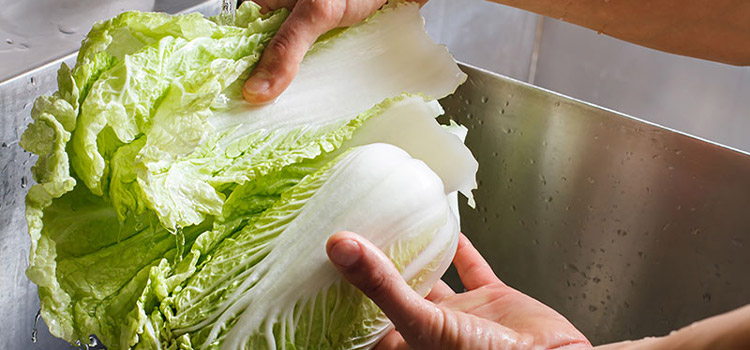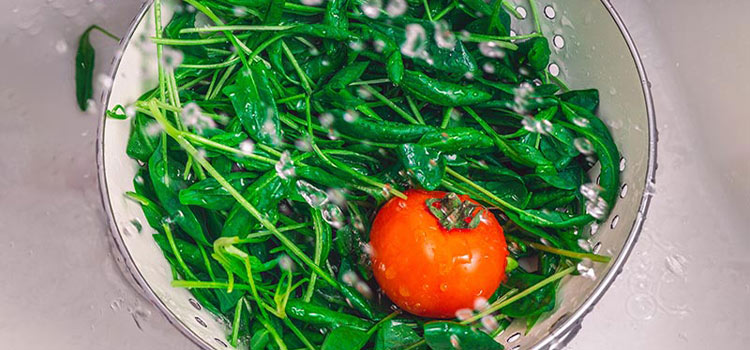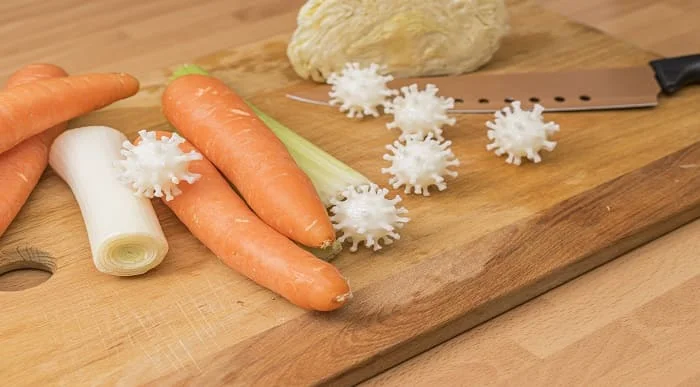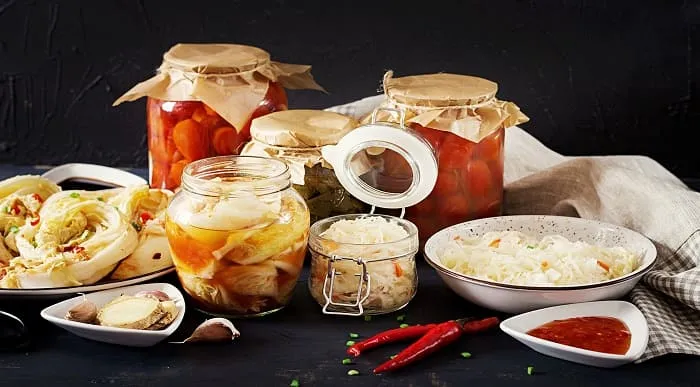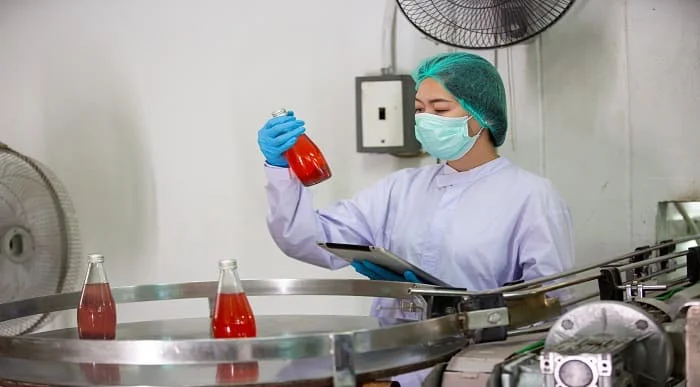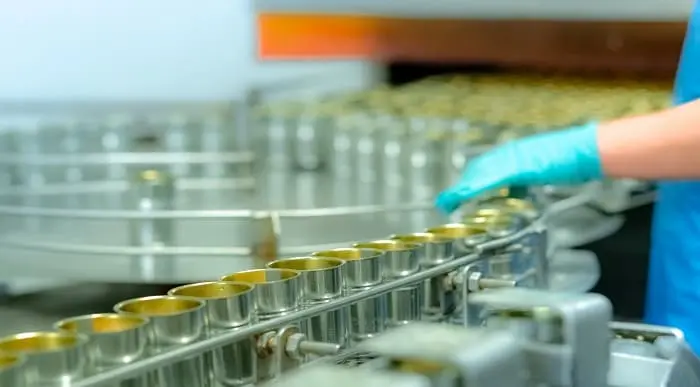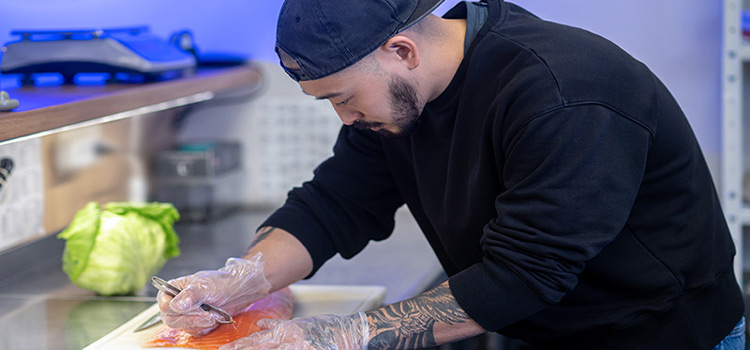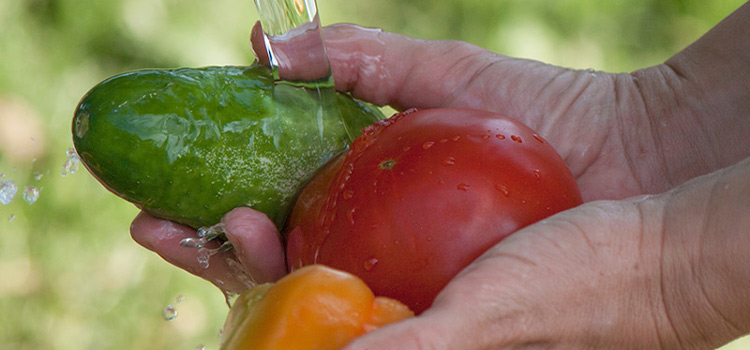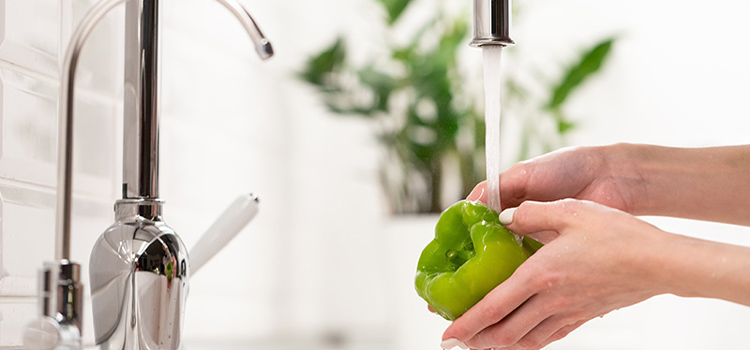Food Hygiene & Safety
What Does Due Diligence Mean in Food Hygiene? Examples of Due Diligence
The food safety regulations ensure that all food business owners are aware of the best food hygiene practices and are doing their part to meet these regulations to the best of their abilities. Complying with these regulations also assures the consumers that the food of a particular business is safe for consumption. A food business can achieve this by keeping a thorough record of its food safety system. Doing so helps them to prove due diligence. It’s a legal term. But what does it refer to? What does due diligence mean in food hygiene?
That is exactly what we are going to tackle in this blog. We’re going to discuss what the law says about due diligence, and the best way to demonstrate due diligence in food hygiene.
Table of Content
- What Does Due Diligence Mean in Food Hygiene?
- Food Safety and Food Hygiene Acts
- Demonstrating Due Diligence/Food Hygiene Due Diligence Checklist
- HACCP system
- Delivery schedule
- Cleaning schedule
- Workplace environment is compliant with the current law
- Prevent cross-contamination
- Waste disposal
- Pest control
- Use of suppliers
- Fridge and freezer temperatures
- Labelling and packaging procedures
- Staff training
- Core cooking temperature
- Cooling times and temperatures
- Hygiene training records.
- Staff training
- Staff fitness
- Records of any complaints
- Due Diligence Defence
- The Food Safety Act states that a business has a due diligence defence if:
- Conclusion
- What to Read Next:
What Does Due Diligence Mean in Food Hygiene?
Legislation and regulations are there for the good of the citizens. The same goes for the health and safety and the food industry. Since food is such an essential part of our daily lives, legislation and regulations related to this industry carry with them the same sense of importance, coupled with responsibilities.
It’s understandable that businesses cannot venture into the territory of ‘unreasonable’ to comply with these regulations. That would make doing a business impossible. So the least that is expected of them is to do everything in their capabilities to make sure that they comply with the current regulations. In the food industry, this is due diligence regarding food hygiene.
In short, it demonstrates that businesses have taken all reasonable precautions to avoid committing an offence.
So, keep thorough records of your food safety management system. This is the most effective way to protect your business from legal consequences. Not only will you be able to demonstrate that your organisation consistently meets sufficient hygiene standards but also avoid issues with the law.
Food Safety and Food Hygiene Acts
So, before diving into how you’d meet the food safety and food hygiene acts, it’ll be helpful if we introduce you to these regulations.
Instead of dumping a ton of information, let’s quote The Society of Food Hygiene and Technology regarding food safety and food hygiene acts.
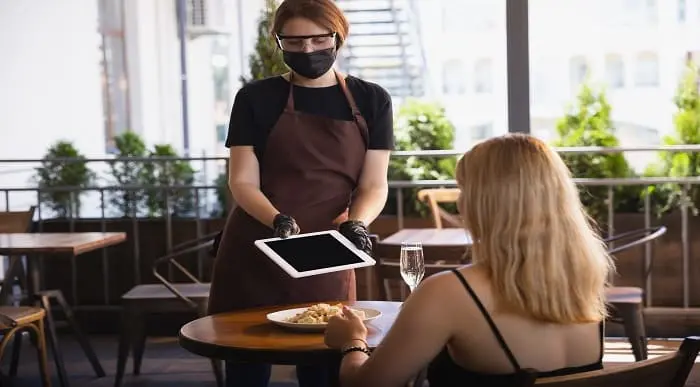
Level 2 Food Hygiene and Safety Course for Catering
“The main food laws which apply in the UK are:
The Food Safety Act 1990 (as amended) provides the framework for all food
legislation in Great Britain – similar legislation applies in Northern Ireland.
See the guidance for food businesses on the Food Safety Act 1990.
The General Food Law Regulation (EC) 178/2002 is EC legislation on general
food safety. See the guidance on General Food Law Regulation (EC) 178/2002.
The General Food Regulations 2004 (as amended)provides for the
enforcement of certain provisions of Regulation (EC) 178/2002 (including)
imposing penalties) and amends the Food Safety Act 1990 to bring it in line
with Regulation (EC) 178/2002. Similar legislation applies in Northern Ireland.”
We’re not going to elongate this article describing these any more than we already have. We’d recommend a simple google search. This will tell you all you need to know about these regulations.
Demonstrating Due Diligence/Food Hygiene Due Diligence Checklist
Now let’s talk about how you’d demonstrate due diligence in food hygiene. We’ll discuss some points below. You’ll have to ensure that your business has fulfilled all these requirements in order to demonstrate due diligence. So, these are:
HACCP system
According to the FDA Hazard Analysis and Critical Control Points or HACCP-
“is a management system in which food safety is addressed through the analysis and control of biological, chemical, and physical hazards from raw material production, procurement and handling, to manufacturing, distribution and consumption of the finished product.”
All food businesses in the European Union must have a Food Safety Risk Assessmentbased on theHACCP (Hazard Analysis and Critical Control Points) principles.
Microbiological, chemical and physical contaminants are on top of the list of major food risks. The food industry can better assure consumers that its products are safe to consume by controlling these factors. There are seven steps in the HACCP system.
- Conduct a hazardous analysis
- Determine Critical Control Points (CCP’s)
- Establish Critical Limits
- Establish Monitoring Procedures
- Establish Corrective Actions
- Establish verification procedures
- Establish record-keeping and documentation procedures
Delivery schedule
Record all your deliveries. It will help you to demonstrate that temperature, dates, packaging and labels were all checked. However, in case of large deliveries, just take one or two food products’ sample from that delivery and record them accordingly.
Cleaning schedule
One of the food safety documents that will help you keep food safe through regular and appropriate cleaning is a cleaning schedule.
Workplace environment is compliant with the current law
To demonstrate due diligence from your side of the business, you’ll need evidence that your workplace environment is compliant with the current law, that is- they are being made from the correct materials.
Prevent cross-contamination
One of the things you’ll also need to ensure that your business has taken all the reasonable steps to prevent cross contamination.
Top Courses of this Category
Waste disposal
It’s obvious why food businesses have to place proper waste disposal measures to satisfy the requirements of the regulations.
Pest control
Pest control is another crucial system that you also have to put in place to meet the requirements of due diligence.
Use of suppliers
The supplier you’re currently using and whether their services also meet the requirements of due diligence is another point to keep in mind. Also do keep track of your supply chain.
Fridge and freezer temperatures
Some foods are highly sensitive to temperatures. They need to be kept at very low temperatures to ensure they don’t degrade. So you’ll have to see if your fridge and freezer temperatures are set to the correct value. You’ll also need to mind if the temperatures are correct for the food that you’re storing.
It is recommended that fridge temperatures are checked at least once per day.
Labelling and packaging procedures
Labelling is important in the food business in the sense that they prevent food items from being mismatched. Without the labelling procedures, large food businesses risk contaminating their food which is sometimes very dangerous. Demonstrating due diligence means you have seen to these things too.
The same goes for packaging procedures. Whether an automated system checks your packaging, or a manual system is in place for the role, make sure foods aren’t mislabeled and the packaging is appropriate for the type of food it is.
Staff training
Another thing that is also important is regular staff training. In order for your staff to comply with the regulations, they need to be aware of them. They will also need to be trained to do their part properly so that their actions satisfy the regulations.
Core cooking temperature
High-risk protein foods need to reach a specific temperature for them to be safe for consumption. Do take a note of those too.
Cooling times and temperatures
Cooling food safely is a high-risk area that can easily be overlooked. This is why it is an essential record for your due diligence. But one other thing that you also have to keep in mind is the cooling times for the foods you’re storing. Not all food remain consumable after a certain period in the freezer. They have to be thrown away.
Hygiene training records.
You’ll have to keep a track record of not only the personal hygiene of your kitchen staff but also their hygiene training
Staff training
You’re also responsible for your staff and their training. Their competence, supervision, and training depends solely on you. You’ll have to keep these records in place to ensure that you’ve done everything on your part to keep your kitchen compliant with the regulations.
Staff fitness
Since the kitchen is a very sensitive area, you’ll also have to keep your staff’s fitness to work assessment records. If a staff member does not meet the required fitness standard for a kitchen, you’ll have to manage the role without h/her.
Records of any complaints
Keep the records of any complaints and also the steps that you’ve taken to see to these complaints. Remember, your actions have to be according to the regulations. You can do more to provide a better customer service, but under no circumstances can you do less than is asked from you.
So you’ll have to go through all of the points described above to keep pace with the current regulations regarding food hygiene. In short, make sure that all the food safety documents are regularly updated, so your kitchen is kept compliant with the law. Without these records, it will be hard to prove that you are compliant with the Food Safety Act 1990. If you face any non-compliance charges, it could result in legal penalties.
Due Diligence Defence
So what happens if you have done everything under your control to meet the requirements of due diligence, but you’re still under investigation for a rule violation?
Well, in that case, knowing how you can fight for your defence will be helpful.
The Food Safety Act states that a business has a due diligence defence if:
- They carried out reasonable checks of their food. These checks were run under all the circumstances to keep pace with the regulations.
- The person who supplied the food carried out the check. The business in question had all the reason to believe that the food h/she supplied was safe for consumption.
- The blame for the offence can be tracked down to a person who was not under the business’s control.
- The person mentioned above supplied false information. Reliance on this faulty information resulted in the violence of the regulations.
- Under the relevant provision, an act or omission is sometimes safe. The business has to defend its claim that it had no reason to suspect that its actions would result in an offence.
A due diligence defence will protect you if your business ever faces a legal dispute regarding food safety practices. Never overlook these systems. They can prove you did everything that was reasonably possible to prevent food safety breaches.
Conclusion
The question, “What does due diligence mean in food hygiene?” is a very important one in the food industry. If you start doing business without proper knowledge of your due diligence, you take a huge risk of facing legal penalties. This blog has described to you the Food Safety Act and how to satisfy the regulations under this act. We also gave you hints on how to defend yourself should you come under investigation of non-compliance with the Food Safety Act. It’ll be helpful for you if you yourself also take a food safety training course so you’ll know what to expect.
What to Read Next:
- What is the Temperature Danger Zone for Food? Graphical Chart Included
- What is the Most Common Type of Food Contamination – Physical Contamination
- Can You Reheat Prawns? The Science of Reheating Prawns and Shrimps
- What are High Risk Foods – Top 20 High Risk Foods
- Can You Reheat Salmon? The Science of Reheating Salmon Fish
- Can you Reheat Fish? The Science and Process of Reheating Fish
- How to Cook Frozen Chicken – Video Guide & Image Included



